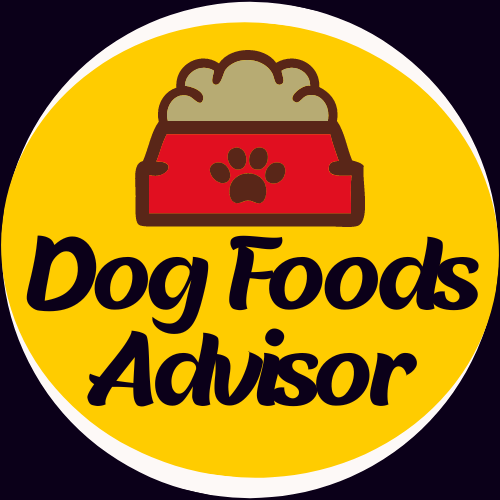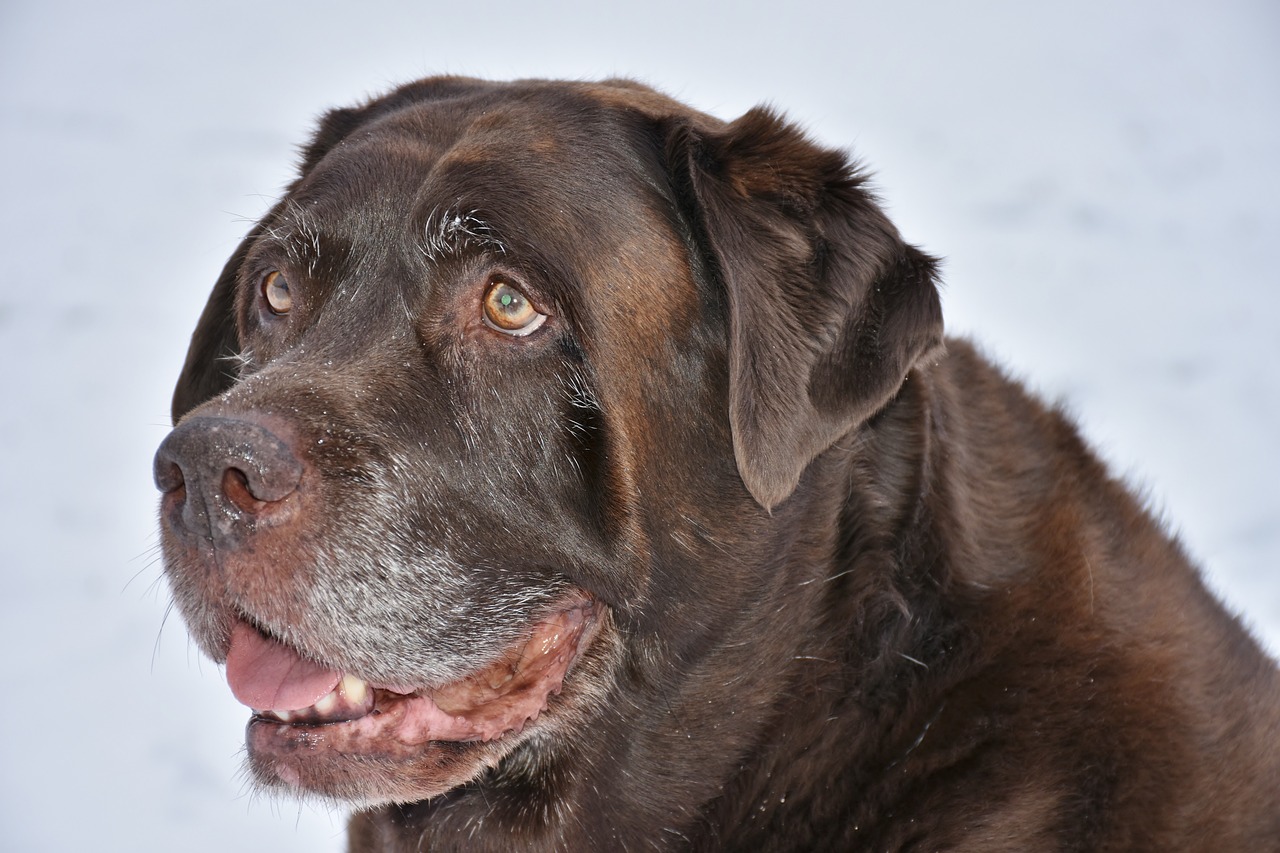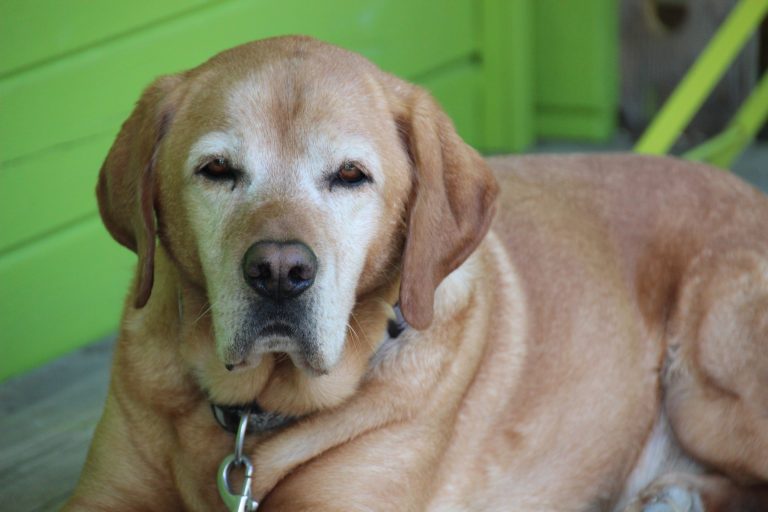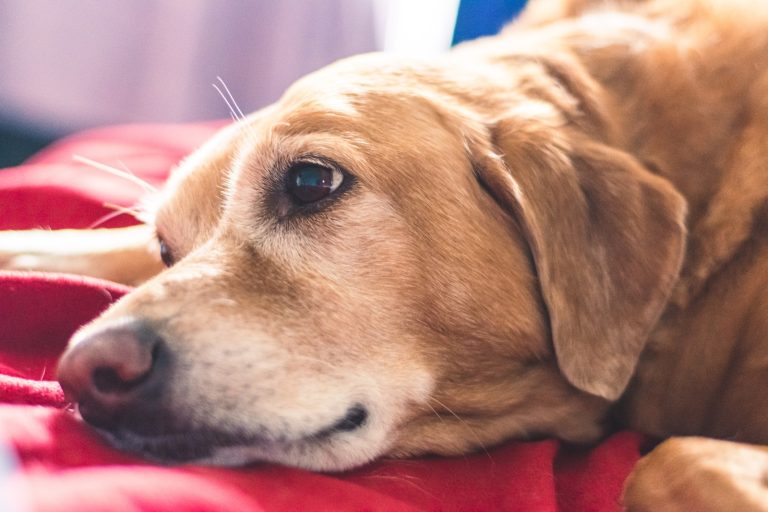How to help your senior dog maintain a healthy weight
As our beloved furry friends age, they face a variety of health challenges. One of the most common concerns for senior dogs is maintaining a healthy weight. While it may be tempting to indulge your pup with extra treats and spoils, doing so can have serious consequences on their health and wellbeing.
We’ll explore how you can help your senior dog maintain a healthy weight through proper diet and exercise, ensuring they continue living their best life for years to come!
Table of Contents
- Basics of a Healthy Weight for Your Senior Dog
- Types of Feeding your Senior Dog
- How Much to Feed Your Senior Dog
- What to put in their Belly
- How Often to Feed Your Senior Dog
- Additional Dietary Supplements for Senior Dogs
- Activities for Your Senior Dog
Basics of a Healthy Weight for Your Senior Dog
It’s important to keep in mind that senior dogs are prone to different health concerns than younger dogs and should not be treated the same. When it comes to their weight, it is important to remember that a healthy weight for a dog of any age is around 20-35 percent of their body weight when fully grown.
The American Kennel Club (AKC) puts together a helpful guide on maintaining optimum health for senior dogs called: “Healthy Aging Dogs” which includes information on weight issues. This guide recommends that most dogs should have four or fewer meals per day, with each meal consisting of about 25 percent meat and 70 percent pet food.
Younger pooches can eat more often but as they age, they will need less food per day. The AKC also suggests adding over-the-counter medications like Omega-3 fatty acids and glucosamine sulfate to your senior dog’s diet as supplements. In addition, supplemental calcium should be given if there are any signs of dental problems or skeletal abnormalities.
One final point to keep in mind when caring for an elderly dog is that they require plenty of exercise. Older canines typically don’t have the energy required for rigorous walks as young dogs do, so consider taking them on short strolls instead. Just make sure they get enough rest – old bones naturally suffer from less elasticity and tend to ache more easily – because those wrinkles add up!
Types of Feeding your Senior Dog
There are several types of feeding your senior dog that can help maintain a healthy weight. One option is to feed them a diet designed specifically for seniors. These diets areocaloric and low in fat, which can help keep their weight down. Another option is to feed them the same amount as you would your younger dog, but cut back on the number of treats. This will help them stay motivated to eat and avoid overeating. Finally, you can give them smaller meals throughout the day instead of one big meal. This will help keep their stomachs fuller longer and prevent overeating.
There are many different types of feeding your senior dog, but the most important thing is to make sure they are getting the right amount and type of food. Here are some tips for choosing the right food for your older pet:
- Start by talking to your vet about what foods are best for seniors. Different diets can help with different kinds of illnesses or maintain a healthy weight.
- Feed a mixed diet, which means providing variety in their diet. Senior dogs should have at least three types of food – dry, wet, and crunchy – in order to get the nutrients they need and avoid nutritional deficiencies.
- Provide enough food so that they don’t become overweight or malnourished; each dog’s stomach is different and will require a different amount of food daily. Again, you’ll need to consult with your vet to find out how much you should feed your senior dog daily/weekly.
- Monitor their eating habits; if they seem unusually hungry or inactive, it may be time to switch up their diet or give them a little more food than usual at mealtime .
- Reward your senior dog for proper eating habits! This could include treats, playtime, or a peaceful nap.
How Much to Feed Your Senior Dog
As your dog becomes older, they may start to lose weight. This can be a sign of health problems, so it’s important to monitor their weight and adjust their diet accordingly.
To help keep your senior dog healthy and at a healthy weight, follow these tips:
- Feed Your Dog Moderate Amounts Every Day: Feeding your senior dog a moderate amount every day will help keep them calm and relaxed. Avoid feeding them large amounts multiple times per day or in one sitting; this can be too much for their digestive system. Instead, feed them smaller meals throughout the day instead.
- Monitor Your Dog’s Weight: It’s important to monitor your senior dog’s weight regularly and make changes to their diet as necessary. If your dog is losing weight and seems unhealthy, contact your veterinarian. There are many different ways to calculate a dog’s ideal body weight, so find one that works for you both.
- Keep Their Diet Balanced: When feeding your senior dog, make sure their diet remains balanced – including proteins, carbohydrates, and fats – as this will help them maintain a healthy weight. Include high-quality foods in their diet such as lean meats and canned veggies.
What to put in their Belly
One of the most important things you can do for your senior dog is to help them maintain a healthy weight. Some key tips for helping your furry friend stay fit and trim include:
- Make sure their food is high quality and low in sugar. This will help keep their energy levels up and avoid weight gain.
- Exercise regularly, even if it’s just a short walk around the block. A little exercise goes a long way towards keeping dogs healthy and happy.
- Monitor their diet closely to make sure they’re getting the right amount of nutrients. If they start to show signs of being overweight or experiencing health problems, make some changes to their diet immediately.
How Often to Feed Your Senior Dog
Feeding your senior dog on a regular schedule can help maintain a healthy weight and keep them active. Feed your senior dog two to three times per day, and divide their food into small meals. If they are not eating enough, periodically offer them a treat or small chunk of their regular food.
One of the most important things you can do for your senior dog is to keep them on a regular feeding schedule. Feeding your dog on a frequent, predictable schedule will help ensure that they maintain a healthy weight and stay active. It’s also important to note that senior dogs typically have less appetite than younger dogs, so don’t overfeed them in order to make up for missed meals!
Here are some tips for feeding your senior dog:
- Choose the right food: Make sure the food you’re giving your senior dog is appropriate for their age and health condition. Some of the best foods for senior dogs include low-fat freeze-dried meats, high-quality canned meats with no added fillers or processed ingredients, waterless diets premixed with premium kibble, and raw meaty bones.
- Make mealtime special: If possible, try to make mealtime special by cooking their favorite dish or adding some treats into their meals. This will help them feel appreciated and help them retain an interest in mealtime.
- Distribute food evenly: Be sure to feed your senior dog evenly throughout the day so they don’t get too full or too hungry. This will help prevent overeating or eating unhealthy foods.
Additional Dietary Supplements for Senior Dogs
Due to a decrease in thyroid function, dogs over the age of 7 may experience difficulty maintaining a healthy weight. Additional dietary supplements can be helpful in helping senior dogs maintain a healthy weight.
These supplements include glucosamine and chondroitin, which are naturally occurring compounds found in cartilage and other connective tissues. These supplements can help support joint health and may help to keep your dog’s weight down. For some seniors, a specific prescription diet may also be necessary to help support their weight. Talk to your veterinarian about the best way to help your senior dog maintain a healthy weight.
Activities for Your Senior Dog
One important way to help your senior dog maintain a healthy weight is to provide them with regular physical activity. Activity options could include playing fetch, walking around the block, or playing games together such as tug of war. Some dogs may also enjoy riding in cars or going for walks on a leash. Be sure to monitor your senior dog’s activity level and make adjustments as necessary. Taking regular breaks during playtime can also help keep them from getting too tired.
Another important way to help your senior dog maintain a healthy weight is to provide them with appropriate nutrition. Always consult with your veterinarian before making any changes to your senior dog’s diet, but common tips for improving their diet include providing high-quality protein and fiber, adding unsalted meat and water to their meals, and limiting treats and other snacks.
Conclusion
It can be difficult to keep your senior dog healthy and fit, but there are plenty of things you can do to help. Follow these tips to make sure that your dog stays active and maintains a healthy weight:
- Feed them a proper diet – A well-balanced diet will provide all the nutrients they need as they get older, making it easier for them to maintain a healthy weight.
- Make sure their environment is conducive to being active – If your dog doesn’t have enough room to play or run around, try creating an activity arena in their home by filling old boxes with different materials (toys, kibbles, etc.) and letting them have at it!
- Exercise regularly – Just like people, dogs need exercise if they want to stay fit and healthy. Find ways for your dog to exercise without leaving home (like walking/jogging on a treadmill), and make sure they always have something fun waiting when they come back from their walk or jog.





One Comment